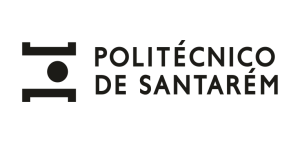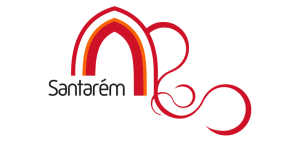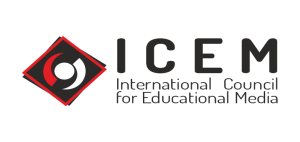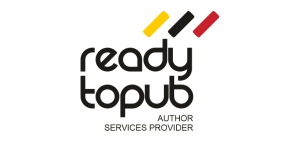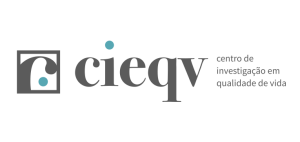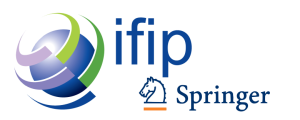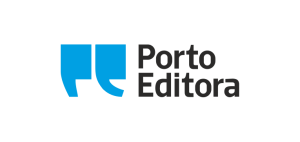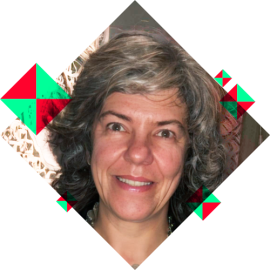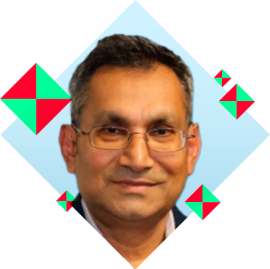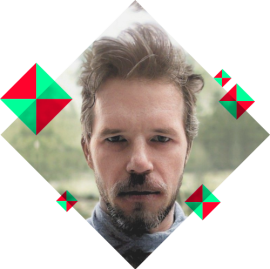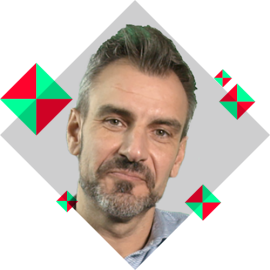PLENARY SESSIONS
Digital education as a pathway for inclusion
ABSTRACT:
The Policies promoting Inclusion in Portugal began in 2017 with the publication of the document “Students’ Profile by the End of Compulsory Schooling ”, a widely discussed document that constitutes the national benchmark for 12-year of compulsory education in Portugal. This was followed, in 2018, by the publication of the new laws for the Curriculum and for Inclusive Education and also by the intense work around the issues of promotion of Citizenship.
More recently, in April 2020, by decision of the Council of Ministers, a process of Digital Transition begins in the various sectors of society and, thus, the “Digitization Program for Schools” was born with three main axes: distribution of computers and connectivity to all students and teachers of primary and secondary education, training teachers for the development of their digital skills and production of digital educational resources for all subjects of the national curriculum. The first axis has already been completed, the second is undergoing extensive development (of the approximately 100,000 teachers, 64,500 have already completed training) and the third is still at an early stage, but its configuration has already been completed.
The set of policies for inclusion has shown positive results at various levels, according to a recent OECD* study, one of which we highlight is the strong reduction in early school leaving
*OECD (2022), Review of Inclusive Education in Portugal, Reviews of National Policies for Education, OECD Publishing, Paris, https://doi.org/10.1787/a9c95902-en
Blended Learning in the New Normal
ABSTRACT:
The rise of the CoViD-19 pandemic in March of 2020, changed the way we learn and live. This global health crisis has given rise to a new normal. Education and training programs have shifted to self-paced e-learning and virtual classrooms. Post CoViD-19, even when learning returns to the physical classroom, the trend toward blended learning will continue. In this presentation, I explore how e-learning has evolved toward blended learning and how we can use modern technologies like artificial intelligence and learning models such as microlearning to improve blended learning.
Three relevant images are provided below:
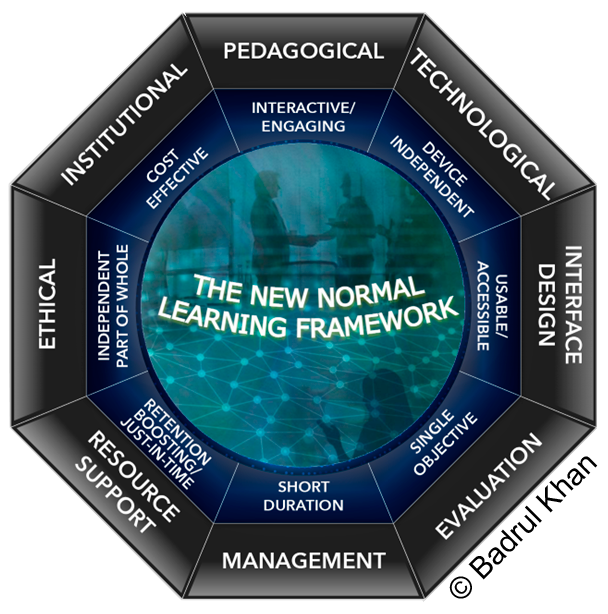
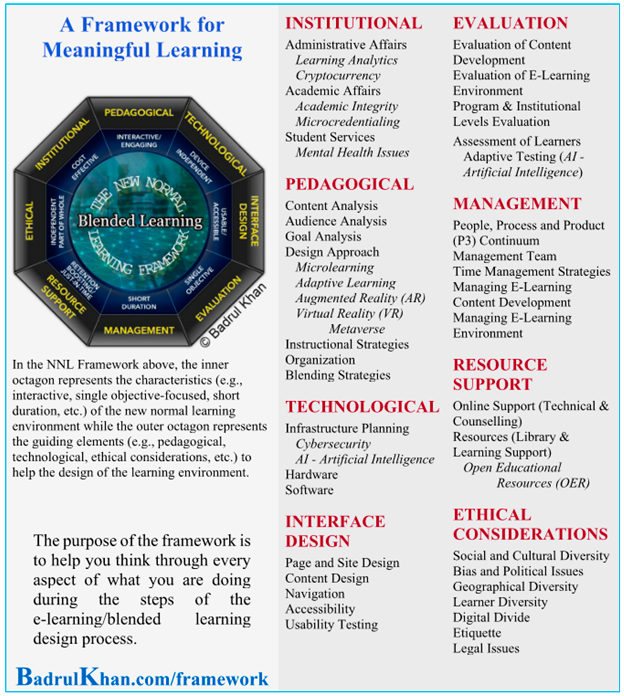
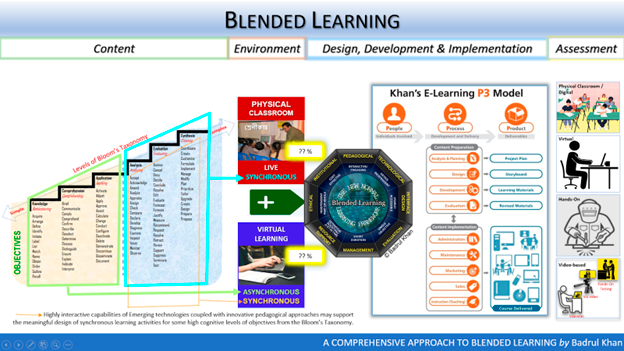
Revisiting the promises of educational technologies in the aftermath of COVID-19
ABSTRACT:
The COVID-19 pandemic pushed education from schools to educational technologies at a pace and scale with no historical precedent. For hundreds of millions of students formal learning became fully dependent on technology – whether internet-connected digital devices, televisions or radios.
Mark West’s keynote address will share findings and analysis from a forthcoming UNESCO publication that examines the numerous adverse and unintended consequences of this shift.
The address will document how technology-first solutions left a global majority of learners behind and the many ways education was diminished even when technology was available and worked as intended.
In unpacking what went wrong, Mr. West’s address will illuminate lessons and recommendations to ensure that technology facilitates, rather than subverts, efforts to ensure the universal provision of inclusive, equitable and human-centered public education.
Finally, Mr. West will explain how UNESCO is working with countries and wide range of partners to reorient global, national and local efforts to leverage technology for teaching and learning as part of the United Nations Transforming Education Summit process.
Healthy and Sustainable Educational Ecosystems in Different Times and Spaces
ABSTRACT:
The evolution of technologies and digital networks have brought profound changes in society, driving the birth of new paradigms, models, communication processes, as well as new scenarios and educational ecosystems. It is therefore impossible to imagine an education that does not contemplate different environments and spaces for synchronous and asynchronous communication, and the question is not whether we should articulate these scenarios, but how to articulate them in an organic way. This is a vision that requires a new paradigm, a vision of sustained innovation, which projects them reality of a path that is not always easy to follow. Considering this context, the aim of this communication is to envisage new healthy and sustainable educational ecosystems onlife, bearing in mind the guidelines of the Digital Education Action Plan (2021) of the European Commission and the recent UNESCO report – Reimagining our futures together: a new social contract for education (2022).
